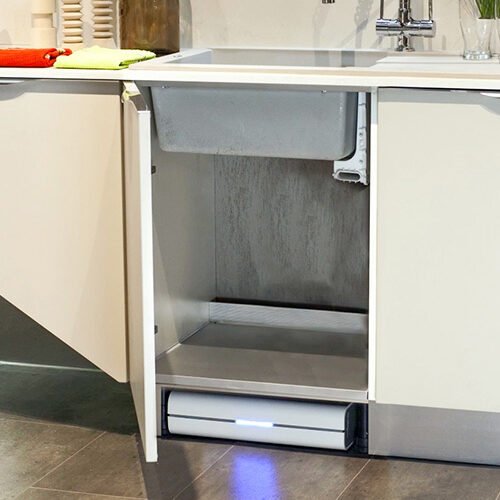
Water purifiers for homes have become increasingly popular due to the growing concerns over water quality and the desire for clean and safe drinking water. These innovative devices are designed to remove impurities, contaminants, and unwanted substances from tap water, providing households with a convenient and reliable source of purified water.


Types of Water Purifier Systems
There are several types of water purifiers available for home use, each utilising different technologies to purify water. Common types include activated carbon filters, reverse osmosis (RO) systems, ultraviolet (UV) purifiers, and gravity-based purifiers. Activated carbon filters remove chlorine, sediment, and organic compounds, while RO systems employ a multi-stage filtration process to remove dissolved solids, heavy metals, and microorganisms. UV purifiers use ultraviolet light to kill bacteria and viruses, and gravity-based purifiers rely on gravity to filter water through different stages.
Water Purification Process
Water purifiers employ various purification processes to remove impurities from tap water. These processes can include filtration, adsorption, ion exchange, disinfection, and sedimentation. Filtration physically traps particles and larger impurities, while adsorption uses activated carbon to attract and remove contaminants. Ion exchange involves exchanging ions to remove dissolved minerals. Disinfection methods, such as UV light or chemical disinfectants, kill harmful microorganisms. Sedimentation allows heavier particles to settle at the bottom, leaving cleaner water on top.
Benefits of Water Purifier Systems
Improved Water Quality
Water purifiers effectively remove impurities and contaminants, ensuring cleaner and safer drinking water. These systems can eliminate chlorine, bacteria, viruses, heavy metals, pesticides, and other harmful substances, resulting in better-tasting water that is free from odour and sediment.

Health and Safety
By eliminating harmful substances, water purifiers help protect against potential health risks associated with consuming contaminated water. Purified water reduces the chances of waterborne diseases and promotes better overall health for individuals and their families.

Cost and Environmental Savings
Investing in a water purifier can lead to cost savings in the long run. It reduces the need to purchase expensive bottled water, resulting in significant savings over time. Additionally, by reducing plastic bottle usage, water purifiers contribute to environmental sustainability by minimizing plastic waste and reducing carbon footprint

Convenience and Accessibility
Water purifiers provide a convenient and accessible source of clean drinking water right from the tap. There is no need to rely on purchasing or storing bottled water, making it easier to obtain safe and high-quality water whenever needed.

Versatility
Water purifiers can be installed at different points in the home, including under the sink, on the countertop, or attached to faucets. This versatility allows homeowners to choose a purifier that best suits their space, needs, and preferences.

Water purifiers for homes
With various types and purification technologies available, individuals can select a water purifier that aligns with their specific requirements. By removing impurities and contaminants, these devices enhance water quality, promote health and safety, and provide cost savings while offering convenient access to purified water at home. Investing in a water purifier is a proactive step towards maintaining the well-being of your household and enjoying the benefits of clean and refreshing drinking water.
Looking for the right water purifier?
Get a free and no-obligation water purifier quote in just a few clicks!